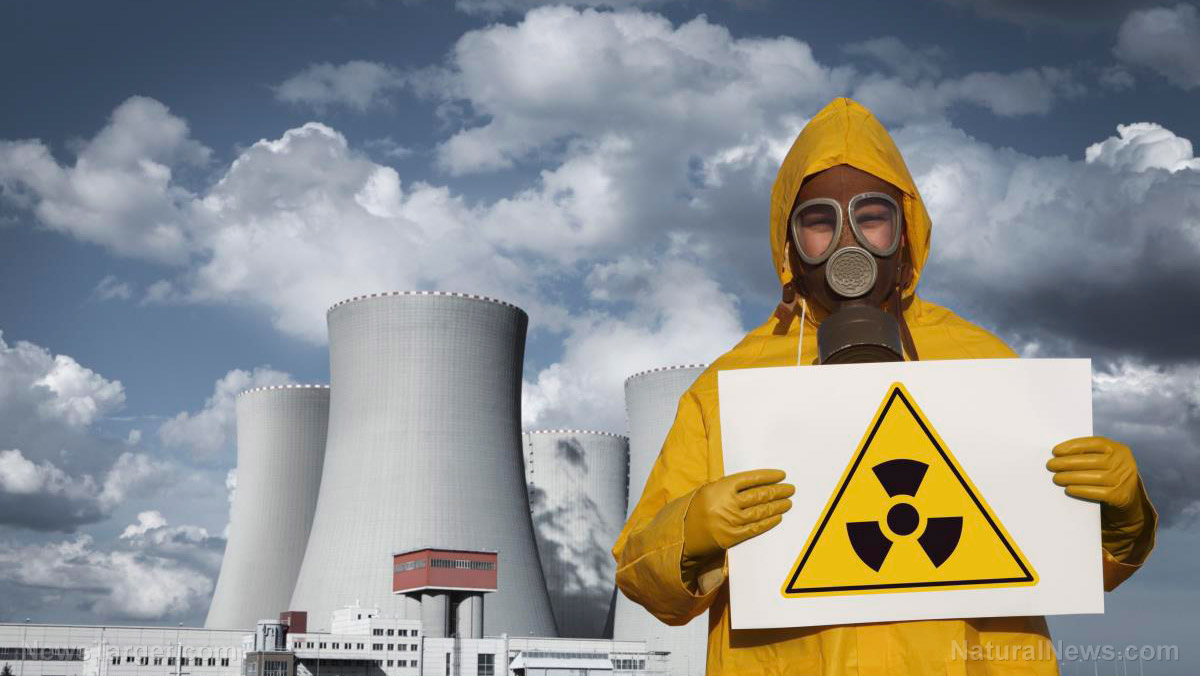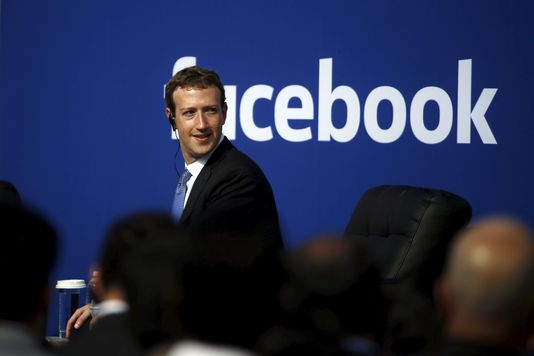 Parler
Parler Gab
Gab
IAEA proposes protection zone around nuclear plant
On Sunday, the presidents of France and Russia traded blame about the safety of the plant, with Russian President Vladimir Putin placing the blame for the plant's attacks on Ukrainian forces and French President Emmanuel Macron accusing the Russians of being responsible. For his part, Macron asked Russian forces to withdraw their weapons from the area and follow recommendations made by the International Atomic Energy Agency (IAEA) to ensure the site’s safety. The agency has called for the establishment of a security zone around the site. They confirmed that a backup power line had been restored to the plant recently, giving it the external electricity needed to cool reactors and defend against a meltdown risk. The Director General of the International Atomic Energy Agency, Rafael Grossi, said that both Ukraine and Russia have expressed an interest in the agency's proposal to form a protection zone around the plant. The two countries are reportedly engaging with the IAEA and asking questions about the proposal. Last week, Ukrainian authorities encouraged people living in the area surrounding the nuclear plant to evacuate for safety reasons. Sources for this article include: TheHill.com Reuters.com Reuters.com TheNationalNews.comFBI insiders say White supremacy threat overblown as Biden opens summit about racists, extremists
By News Editors // Share
Transgender quackery exposed as “child abuse” by top doctor
By News Editors // Share
Facebook spied on private messages of Americans who questioned 2020 election
By News Editors // Share
Court smacks USDA for lack of transparency in GMO labeling
By News Editors // Share
The economic ANNIHILATION of Europe – Gonzalo Lira and Mike Adams publish epic interview
By Mike Adams // Share
Governments continue to obscure COVID-19 vaccine data amid rising concerns over excess deaths
By patricklewis // Share
Tech giant Microsoft backs EXTINCTION with its support of carbon capture programs
By ramontomeydw // Share
Germany to resume arms exports to Israel despite repeated ceasefire violations
By isabelle // Share









